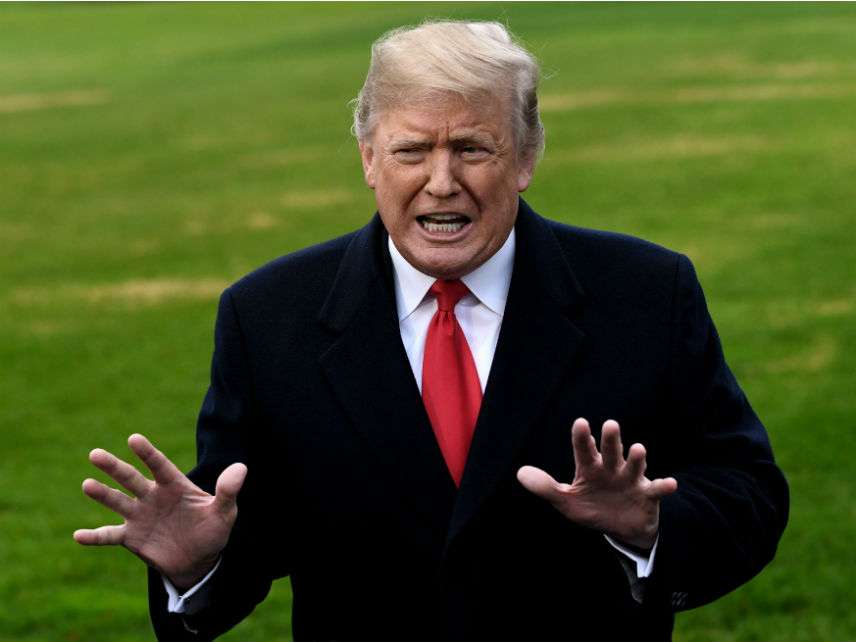Why Is the Trump Administration Trying to Deport Thousands of Vietnamese Immigrants?
The administration is trying to reinterpret a 2008 agreement with the Vietnamese government.

In the years following the Vietnam War, thousands of refugees fled the North Vietnamese regime for the United States. Now, many of those immigrants could face possible deportation back to Vietnam.
In 1995, the United States reestablished official diplomatic relations with Vietnam. Then, in 2008, former President George W. Bush reached a memorandum of understanding (MOU) with the Vietnamese government that protected refugees who came to the U.S. before 1995 from being deported.
The Trump administration has been trying to reinterpret that MOU for a while. In March 2017, the administration claimed the agreement does not cover non-citizen Vietnamese immigrants who have been convicted of a crime, according to Business Insider. The administration started rounding up these immigrants, but there was significant pushback from the Vietnamese government as well as immigration activists in the U.S. The administration ceased its campaign in August, by which point only about a dozen immigrants had been deported, The New York Times reported last month.
But it appears the administration is trying again. James Thrower, a spokesperson for the U.S. embassy in Hanoi, confirmed as much to The Atlantic. "The United States and Vietnam signed a bilateral agreement on removals in 2008 that establishes procedures for deporting Vietnamese citizens who arrived in the United States after July 12, 1995, and are subject to final orders of removal," he told the magazine. "While the procedures associated with this specific agreement do not apply to Vietnamese citizens who arrived in the United States before July 12, 1995, it does not explicitly preclude the removal of pre-1995 cases."
Separately, a State Department spokesperson suggested to The Hill that if the administration wants to deport the immigrants in question, it can. "While the procedures associated with this specific agreement do not apply to Vietnamese citizens who arrived in the United States before July 12, 1995, it does not explicitly preclude the removal of pre-1995 cases," the spokesperson explained.
The State Department also confirmed to multiple outlets that the Department of Homeland Security has met with representatives from Vietnam's U.S. embassy. "The U.S. Government and the Vietnamese Government continue to discuss our respective positions relative to Vietnamese citizens who are now subject to final orders of removal," a State Department spokesperson told HuffPost.
So what does it all mean? According to Katrina Dizon Mariategue, director of national policy at the nonprofit Southeast Asia Resource Action Center (SEARAC), 8,600 Vietnamese immigrants who have final orders of removal could be at risk of deportation. "We're already receiving emails from individuals expressing their concern about these meetings and how their families will be separated because of it," Mariategue told HuffPost.
Even if they were convicted of a crime, many of the immigrants in question have already served their time. "Many of these cases—they only committed one crime and that was decades ago," Tania Pham, an attorney for some of the immigrants, told the Pacific Standard. "They have been rehabilitated. These are examples that the prison system did work for them. They proved themselves that they were able to function after release from prison."
It's worth noting that the Trump administration might have a hard time deporting so many immigrants. The Vietnamese government hasn't exactly been amenable to the idea of accepting the refugees back. Without their cooperation, those thousands of deportations won't happen. However, that could change if the two countries decide to renegotiate the agreement, which is up for renewal in January.

Show Comments (70)